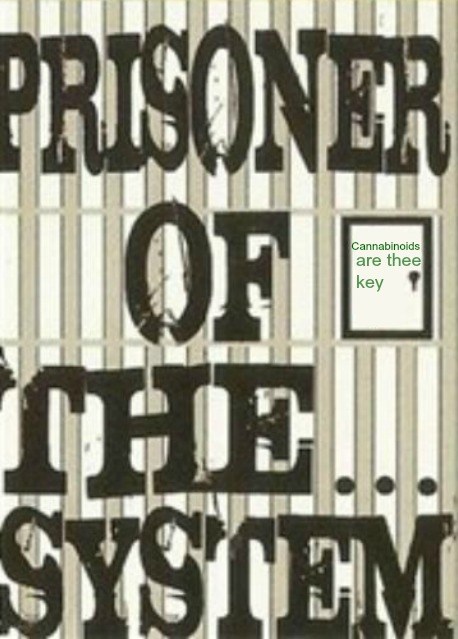[Epub ahead of print]
CB1 RECEPTOR SIGNALING REGULATES SOCIAL ANXIETY AND MEMORY.
Source
Laboratory of Neurobiology and Behavior, The Rockefeller University, New York, NY 10065; Laboratory of Neuroendocrinology, The Rockefeller University, New York, NY 10065.
Abstract
The endocannabinoid (eCB) system regulates emotion, stress, memory and cognition through the CB1 receptor. In order to test the role of CB1 signaling in social anxiety and memory, we utilized a genetic knockout (KO) and a pharmacological approach. Specifically, we assessed the effects of a constitutive KO of CB1 receptors (CB1 KOs) and systemic administration of a CB1antagonist (AM251; 5 mg/kg) on social anxiety in a social investigation paradigm and social memory in a social discrimination test. Results showed that when compared to wildtypes (WT) and vehicle-treated animals, CB1 KOs and WT animals that received an acute dose of AM251 displayed anxiety-like behaviors toward a novel male conspecific. When compared to WT animals, KOs showed both active and passive defensive coping behaviors; i.e. elevated avoidance, freezing and risk-assessment behaviors, all consistent with an anxiety-like profile. Animals that received acute doses of AM251 also showed an anxiety-like profile when compared to vehicle treated animals, yet did not show an active coping strategy i.e. changes in risk-assessment behaviors. In the social discrimination test, CB1 KOs and animals that received the CB1 antagonist showed enhanced levels of social memory relative to their respective controls. These results clearly implicate CB1 receptors in the regulation of social anxiety, memory and arousal. The elevated arousal/ anxiety resulting from either total CB1 deletion or an acute CB1 blockade may promote enhanced social discrimination/memory. These findings may emphasize the role of the eCB system in anxiety and memory to affect social behavior.
This article is protected by copyright. All rights reserved.
This article is protected by copyright. All rights reserved.


